Head doctor of Moscow's main COVID hospital answers key questions about the coronavirus
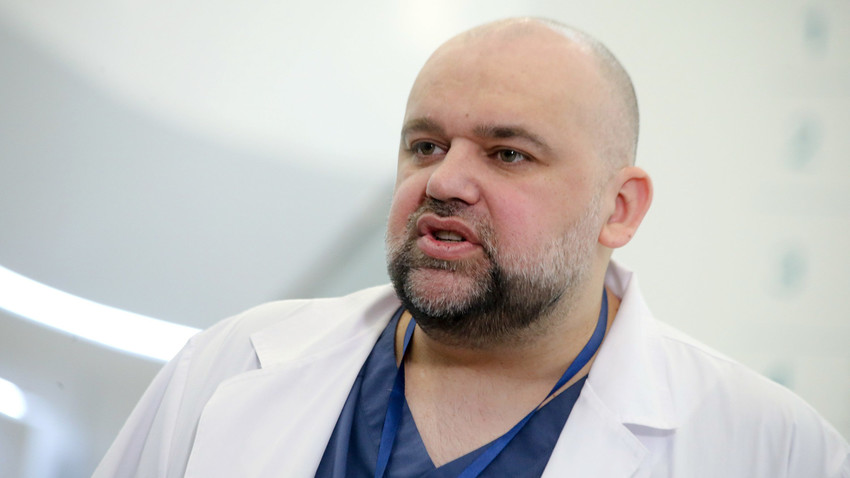
Almost all suspected COVID-19 patients in Moscow are taken to a recently built hospital in the town of Kommunarka. In an interview with Russia Today, its head doctor, Denis Protsenko, answers some of the most frequently asked questions about the new coronavirus.
The symptoms
"It is fever (temperature above 38 degrees Celsius). All our patients who tested positive for COVID-19 had this. For some, the fever subsides of its own accord or after a single dose of paracetamol. We monitor these patients but we do not treat them, even though they tested positive for COVID. They get better on their own.
"A severe form of the disease is a combination of fever, dry cough without sputum, shortness of breath and a very alarming sign – falling oxygen levels in arterial blood (saturation). The latter occurs because a very large amount of lung tissue is affected by the virus and ceases to perform its main function – transferring oxygen from the body's exterior to the blood vessels. Hence, there is shortness of breath as the body lacks oxygen."
The situation in Moscow
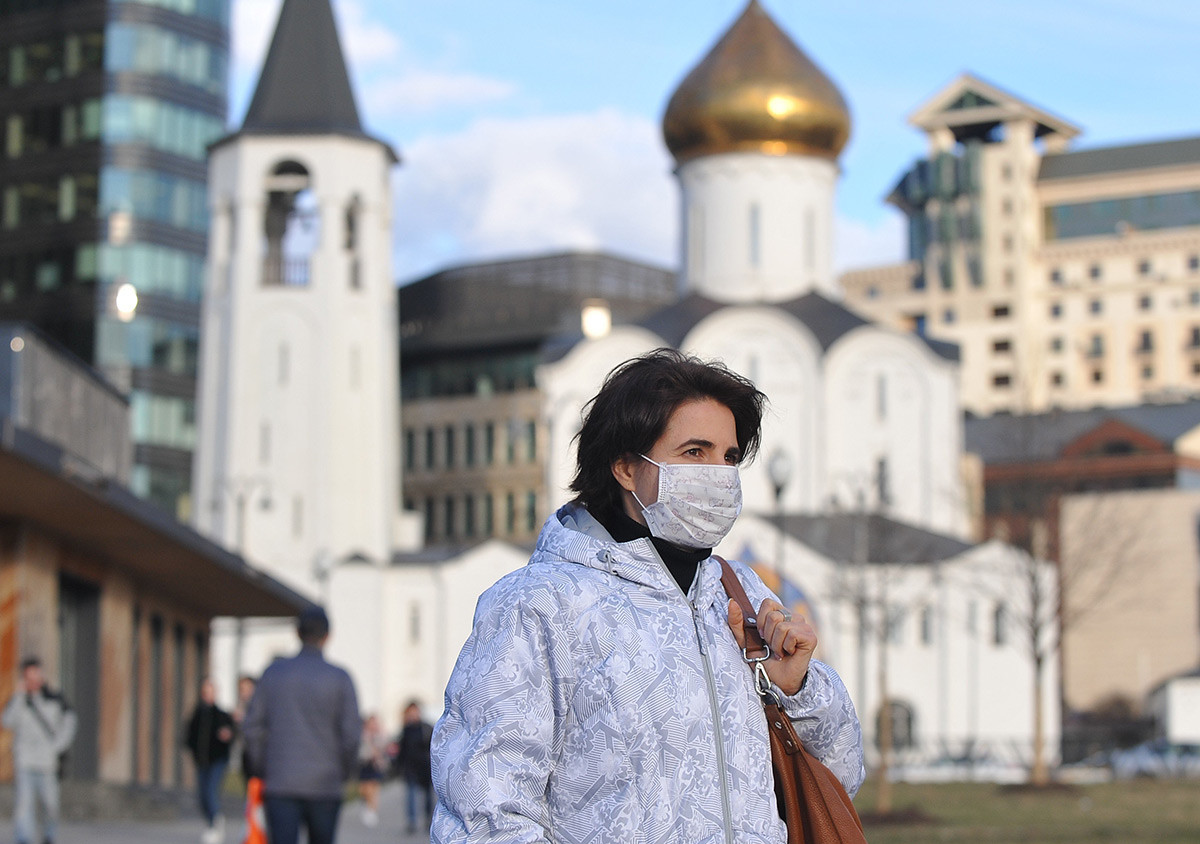
"In Moscow, in terms of reporting, the situation is very transparent. Moscow currently has 141 confirmed COVID cases [the total for Russia is 253]. We are not hiding anything. The situation is tense, and the trend I see is that the average age of patients is starting to grow. If previously we had young patients who had arrived from Italy, and we thought this was the reason why we did not have any patients in serious condition, now we see that the average age is starting to rise from 35 to 37-39 years. We are now getting elderly patients, and there are six of them at the moment. None is on artificial ventilation.
"Moscow has about 5,000 functioning ventilators in city hospitals; we do not count private ones. I believe that Moscow is ready for the virus, but we need more medical staff."
Why does Russia have so few cases (only 253)?
"In Moscow, the number of cases is growing exponentially, but this growth is being contained. It's not like in Italy, where on Friday they had two patients but on Monday, 500. We are preparing. We are repurposing hospitals, we are training anaesthetists, we have an understanding of how to act, and we have a team of volunteers who don’t ask: 'How much does this job pay?'
"The low number of cases is not a miracle but rather a result of draconian measures that are being applied in Moscow: tracing contacts, isolation, and etc. Our investigation efforts are very good."
Treatment for coronavirus
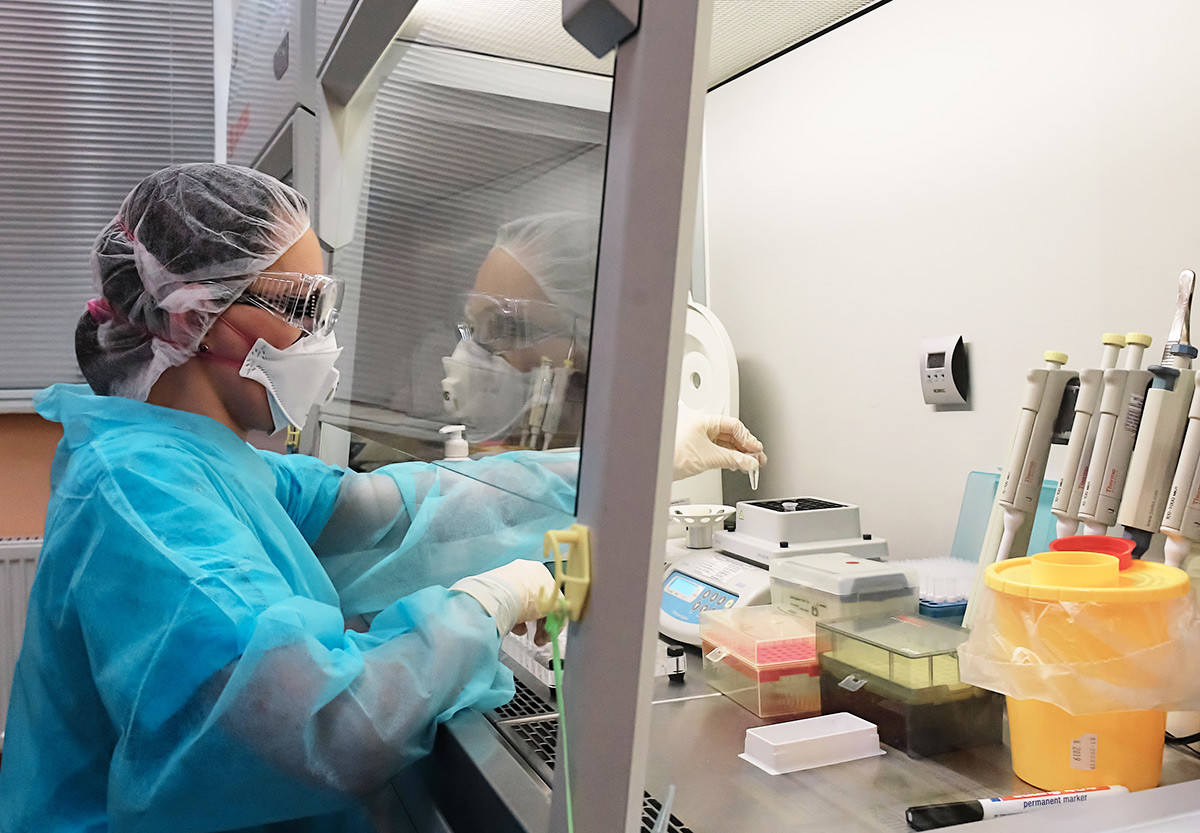
"A large portion of our patients recover from COVID after a single dose of paracetamol because they are young. But we also had a patient who is 44 years old, i.e. he is not in a risk group, but he is a smoker, which matters, and he spent nine days in intensive care. Because heterogeneity does exist and we are all very different genetically. Some people do not even notice when their temperature rises to 37.5 Celsius, while others are completely incapacitated by it.
"We started treating that serious patient with antibiotics (aminopenicillins). There was no improvement, so we used other antibiotics. At the time he was not yet confirmed to have COVID, so we treated him for a whole mix of possible flus. Once the diagnosis was confirmed we gave him combined antiretroviral therapy [which is used for treating HIV] - Kaletra (lopinavir + ritonavir).
"Coronavirus is not the same as a retrovirus; it is different, but we are treating it with Kaletra because it has shown good results, first of all in China. There, doctors saw that patients who were given Kaletra were improving. That is why we began to use the same treatment. Kaletra has some side effects, like diarrhea, but if it is a matter of life or death... We treated that grave patient with Kaletra and he has now been discharged."
Why is Moscow urgently buildi
"Because there is always a plan B. And in this plan B, it is better to be safe than sorry. It is better to appear ridiculous for building in a month a hospital that no one might need rather than to go through what is now happening in Italy. This is the main idea, and it is all about people."
Why did the epidemic stop in Wuhan?
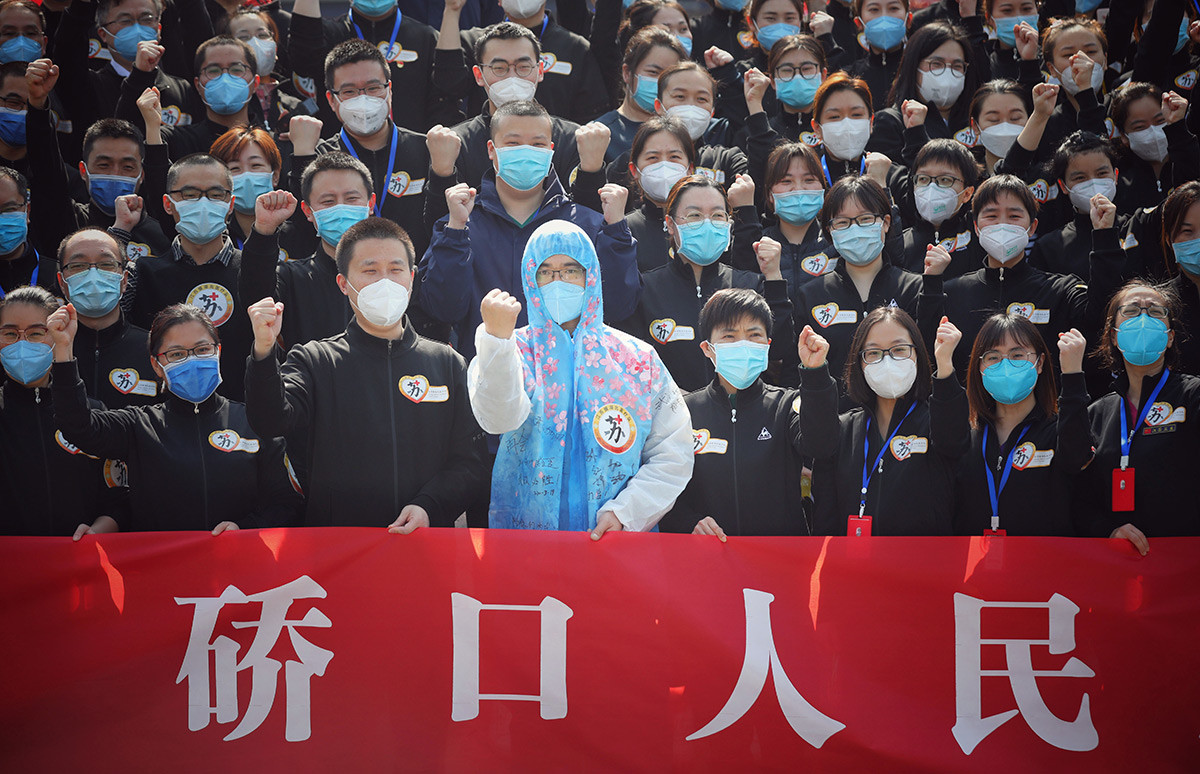
"I think it's because they put strict quarantine measures in place. But I don’t know for sure. I talked with experts who had been to Wuhan. Do you think the Chinese showed anything to anybody? No. They must have applied very strict quarantine measures, which are not popular. Maybe because in Moscow all contacts of those who are sick are strictly monitored. The situation in other Russian cities with a million-plus population is still calm."
Means of protection and isolation
"I have two issues with the UK scenario [which implies soft containment measures and herd immunity]. First, older people are not only people to whom you can bring a bag of food and toilet paper and set up Skype for. There are also bedridden patients and stroke patients, who need to be looked after. What is to be done with them? Second, until we understand what will happen in Italy, whether there will be another outbreak in the next three to four months, we will not be able to say whether this immunity develops. Thus, the UK model has certain weaknesses.
"That is why the Italian route - isolation with simultaneous development of a vaccine - seems more humane to me. And seeing what is happening in Italy, I think Moscow should be closed. And car-sharing should be banned. Remember the Spanish Flu. We do not yet have such a mortality rate as was with the Spanish Flu, but as an emergency physician, I always proceed from the worst-case scenario."
When will the pandemic end?
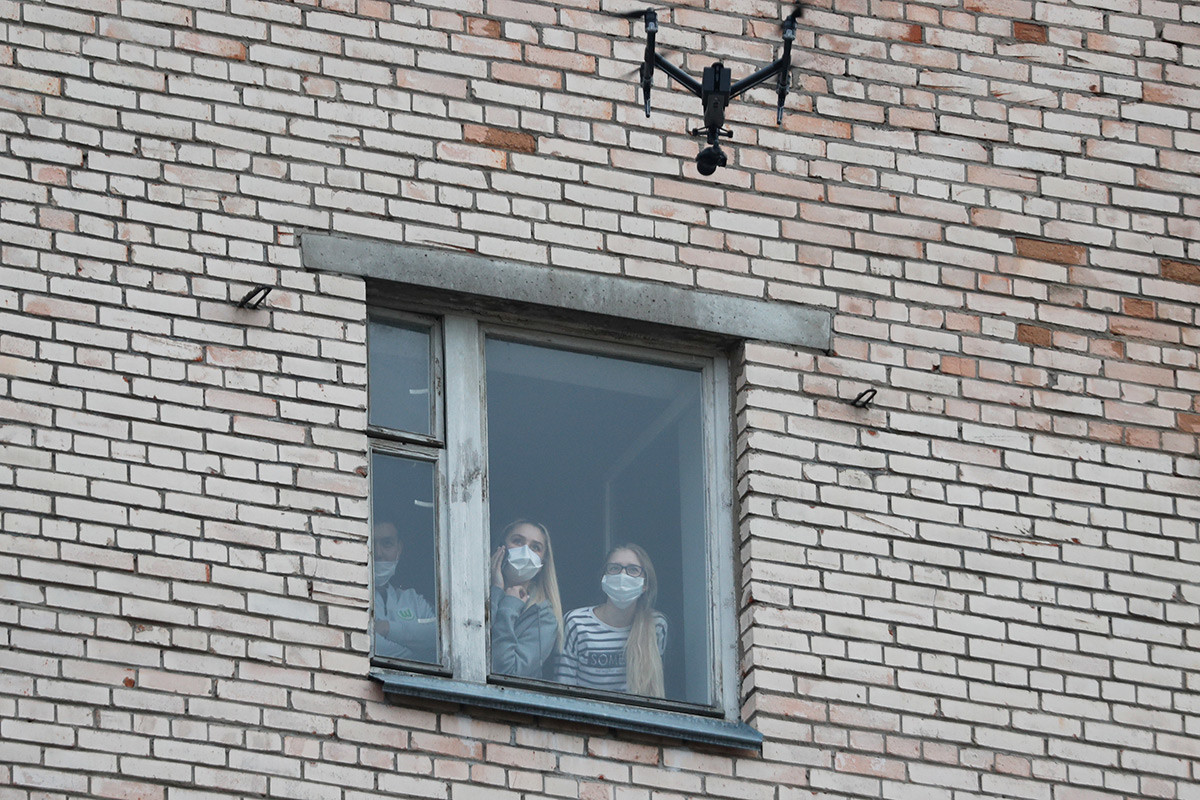
"If we follow the Chinese scenario, I hope all this will end in May or June. If we go the Italian way and there is an explosion in the number of cases, then we will only be able to consider ourselves 'lucky' by September."
Accuracy of tests
"To be able to talk about the accuracy of any test, first it is necessary to carry out large-scale observations and calculations. At the moment, we test only using the method of polymerase chain reaction (PCR); we are not testing for antibodies yet. This is why we cannot say for sure that this test is super-accurate. But we cannot say the opposite either. We do the test three times. We have not yet seen cases when the first test is positive and then the follow-up ones are negative."
3 things that we all should b
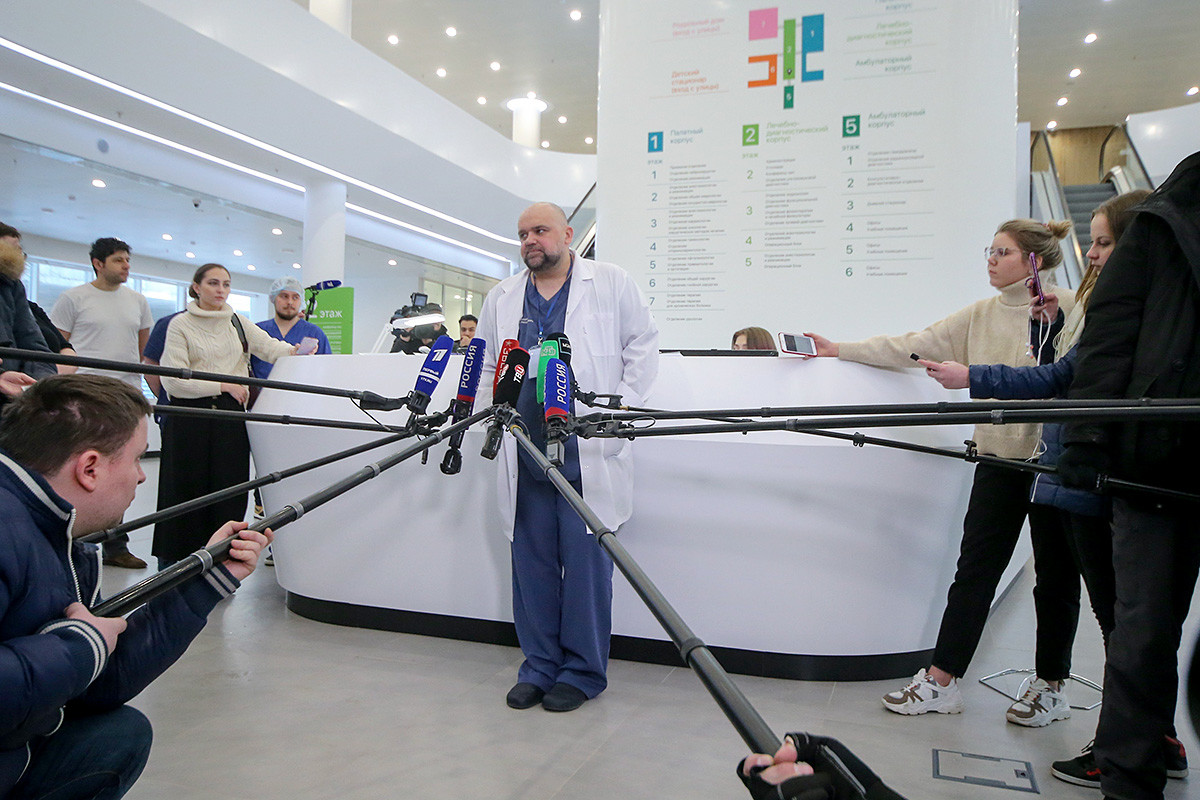
"Do not panic. Follow the advice issued by medical authorities. And take care of the elderly. Only people in risk groups should be tested. If you have a sore throat and a fever, self-isolate; this is the most effective thing you can do. Travelling across the city to do the test can do a lot of harm."
Read more: 'The virus has mutated very well': What Russian doctors say about the new infection
If using any of Russia Beyond's content, partly or in full, always provide an active hyperlink to the original material.
Subscribe
to our newsletter!
Get the week's best stories straight to your inbox